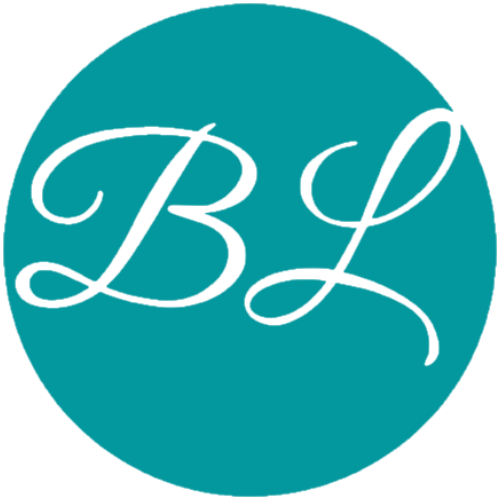|
Since it was first published in 1999, it has been adapted into a 2004 film of the same name; adapted into a graphic novel (written by Laurie Halse Anderson, illustrated by Emily Carroll; published 2018); and seen the release of a special 20th Anniversary Edition which features resources including an updated Q&A, resource list, poem, and essay by the author. Speak has won numerous awards over the decades since it was first released, and yet has also faced quite a lot of censorship.
Why is this book being challenged?
First off, let’s be clear: if being thoroughly anti-rape is a political viewpoint, then there is something very wrong with the political system involved. I have very strong feelings with respect to how this plays out and its implications here in the USA (for example: I very much do think that we have politicians and political movements that are rape apologists, and that our justice system frequently fails and even punishes the victims of rape rather than their rapists), but I won’t dive too deeply into that particular mire here. Instead, let me simply say that there is nothing political in Speak, and even if there were, we should not be censoring books or banning them from schools for representing a particular political viewpoint. We should be teaching children to understand and think critically about political viewpoints rather than working to indoctrinate them into a particular political viewpoint.
Moving on from the issue of any politics in Speak (although, again, there aren’t any), we reach the claim that it is “biased against male students.” I wish I could say that I was surprised that such complaints have been made about this book. However, how could anyone–especially on this side of the #MeToo movement–actually be surprised to hear that there are people who view speaking up for rape victims (and condemning their rapists) as being biased against men. There are many people–including politicians, judges, attorneys, Supreme Court Justices, etc.–who are more concerned about the fate, future and success of boys and men who rape and sexually assault or harass others than they are of the well-being of their victims. This claim against Speak is both another example of the “not all men” chorus, and of the rape culture that permeates our society. Speak is a book that is meant to bring comfort to and raise understanding for victims of traumatic assault, whether those victims are male, female, or non-binary. It is absolutely not “biased against male students”; it is, however, staunchly anti-rape–which we all should be.
As for trying to keep Speak from libraries and classrooms because of the ‘mature topics’ it addresses (rape, sexual assault) and the profanity it includes (characters within this book do, indeed, cuss–as teenagers are wont to do), I must present this question: Why do so many people try so hard to hide children and young adults from the truths of their–and their peers’–own lived experience? Sheltering them from reading about rape won’t protect them from being raped.
Laurie Halse Anderson herself puts it extremely well in her FAQ regarding this book on her website:
YOUR BOOK SPEAK IS CONSTANTLY ON THE BANNED BOOKS LISTS AT SCHOOLS. WHAT WOULD YOU SAY TO THOSE PARENTS THAT ARE PUSHING FOR SPEAK TO BE BANNED?
I would ask them why they are afraid to talk to their kids about sexual violence.Every two minutes, someone in America is sexually assaulted. About 17% of American women and 3% American men have been sexually assaulted. 7% of girls in grades 5-8 and 12% of girls in grades 9-12 said they had been sexually abused. And juvenile victims know their assailant in 93% of cases.
Parents must face up to their responsibilities to prepare their children about the dangers of the world. They must get over their own squeamishness about discussing human sexuality in order to do so. If more boys were taught by their parents what sexual consent is, and that it is required – ALWAYS – we’d have less sexual violence.
If girls and women felt safer to speak up after a sexual assault, and the judicial system was prepared to consistently prosecute and punish rapists, then we’d begin to see those horrible numbers go down. (Lots more very good Statistics can be found here: https://www.rainn.org/statistics)
Some parents cringe at the idea of talking to their kids about these things. I have no patience for that. Who they want to be educating (and miseducating their kids about these things? Music videos? Internet porn? Locker room BS?
It’s hard to be a parent. It’s a whole lot harder to be the parent of a kid who has been sexually assaulted, or who is in jail after being found guilty of sexual assault. SPEAK opens the doors to some of the most important conversations a family will ever have.
(from Laurie’s Goodreads Q&A)
Final Thoughts
If you enjoyed Speak and want to read a similar book by the same author, which features a male protagonist, I recommend Twisted. You can find my review of that book here. Really, though, you cannot go wrong with anything by this author.
A Challenged Books Challenge
The next book I will be reviewing is The Absolutely True Diary of a Part-Time Indian by Sherman Alexie. Look for that review here on my blog on June 25.



